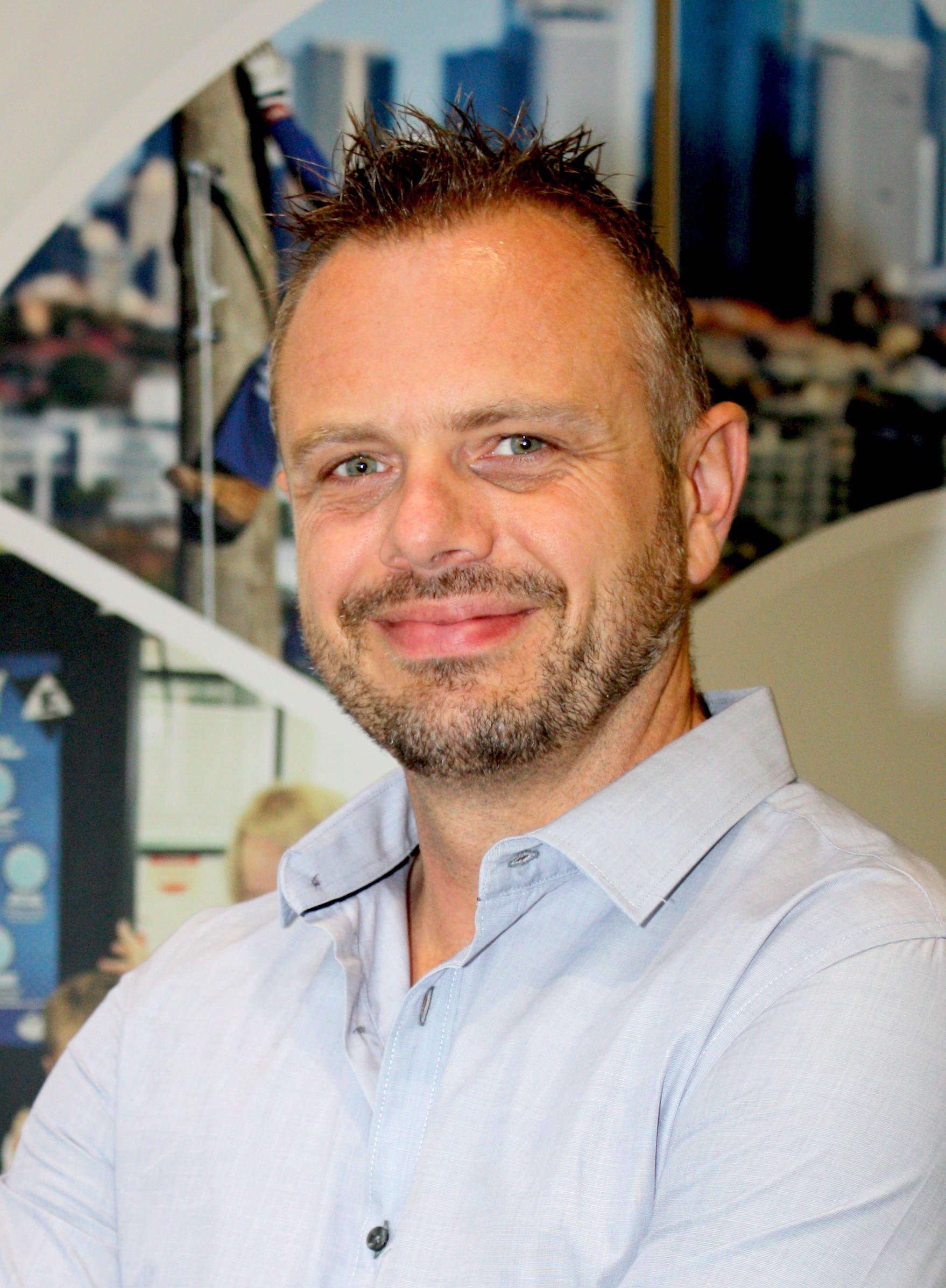Introducing James Hill

ANZMHA Ambassador
We welcome our newest advocate!
James Hill is a passionate Mental Health Advocate and 2019 Open Minds Individual Contribution to Mental Health Award winner. After his own lived experiences with mental illness, James has influenced change at Energy Queensland. Backed by the CEO he’s developed the role of Mental Health Advocate, creating a blueprint for the future of workplace mental health. The work done in this role won the Queensland Large Workplace Mental Health award. Additionally, James is a Mental Health First Aid instructor, speaker for Beyondblue, contributes to several national mental health projects, and he’s in the final year of a Bachelor of Counselling.
James will be speaking at our upcoming Workplace Mental Health Symposium at the JW Marriott Gold Coast Resort & Spa on the 13-15 September 2021.
You can find him here: LinkedIn Profile
Q&A
Read on to find out more about James, his role with Energy Queensland and what it means to him to be an advocate for mental health.
ANZMHA
Hi James! You’ve attended our conferences in the past, and while we know you pretty well, why don’t you introduce yourself to our readership?
James
I’m a fulltime mental Health Advocate at Energy Queensland (Electricity network distributor for the state), a role that was designed and implemented by myself and a colleague in 2017. Additionally, I am a lived experience speaker for Beyondblue, a keynote mental health speaker, a Mental Health First Aid instructor, and I’m involved with several national mental health projects.
I am deeply passionate about making a difference in the world regarding better mental health, creating awareness about mental illness, and suicide prevention. In 2019 I won the Queensland Individual Contribution to Mental Health Award.
ANZMHA
Mental Health Advocate for Energy Queensland – that’s a fantastic title, but what does it mean and what exactly is your role?
James
We were fortunate enough to have the freedom to create and develop our own blueprint for the Mental Health Advocate role. After our own lived experiences and for me spending my life as a tradesperson from the age of 15, I was well aware of the stigma surrounding mental health; particularly in the workplace.
The lack of understanding about mental illness and suicide, how to find support, how and when to access it were real issues faced in the workplace which needed to change. Basically we provide peer support to employees across the state (over 7500 employees), deliver mental health and suicide prevention education, co-develop and manage the organisations mental health strategy, design and deliver tailored mental health programs, identify psychological risks within the business and work with leaders and employees to address them.
We regularly meet with the CEO and Executive staff to ensure open lines of communication are achieved regarding mental health in our workplace.
ANZMHA
For everyone out there who’s looking to become a mental health advocate within their organisation – with or without an official title – can you give them any tips on how to achieve their goals?
James
Firstly I’d investigate what your current workplace has in place regarding workplace mental health? Speaking with your leader, the HR department and Health and Safety team will be a good place to start. Secondly, I’d find out more about the culture in the workplace e.g. Do people have the ability openly discuss mental health in the workplace? Is there a stigma associated with talking about mental health problems? What support is available for people who may be facing mental health problems?
Once you have a better understanding you can maybe work with who ever looks after mental health and suggest any improvements. Beyondblue have some really good workplace resources on their website.
ANZMHA
You’ve received multiple mental health advocacy rewards, specifically for workplace mental health. We would love to know how why workplace wellbeing is so important to you, and what you think the key challenges are in approaching and treating workplace mental health?
James
In 2019 we received the Large Workplace Mental Health Award in Queensland mental health week, this award meant a lot to us because coming from an industry where mental health was rarely spoken about we were well aware of the detrimental effects keeping silent could have. Generally people spend a vast proportion of their day in the workplace or at work, therefore, ensuring people are psychologically safe and that work is not contributing to poor mental health is vital.
I have my own lived experience with mental illness and could really see how workplaces can contribute either positively or negatively. Sadly many workplaces don’t have anything in place regarding mental health or focus efforts in the wrong place, simply rolling out some training does not always hit the mark.
There are several Key challenges but I can break them into 3 main areas to start. Firstly, organisations need to understand the challenges that their own business face regarding impacts on the mental health of their employees, once this is better understood plans can be made to address the key areas. Secondly, having the right environment in the workplace to safely talk about mental health problems and challenges can be a problem. Is there a stigma associated? Without addressing the ability to safely have conversations with effective access to support it will be difficult to progress. Thirdly, genuine leadership “buy in” is required from all levels, having a top down, bottom up approach to ensure people are actively engaged feel supported, setting the expectations and culture.
Having leaders genuinely and openly talking about the topic helps to influence the culture.
ANZMHA
What does becoming an ambassador mean to you?
James
It is a great honour to become an Ambassador, the work done by this organisation is so important to creating lasting positive change and having the opportunity to be a part of this is great. After facing my own challenges with mental health, being able to use this in a positive way to make a difference means so much.
